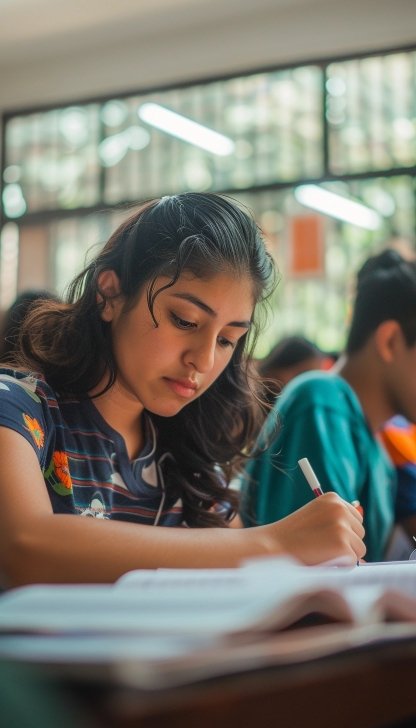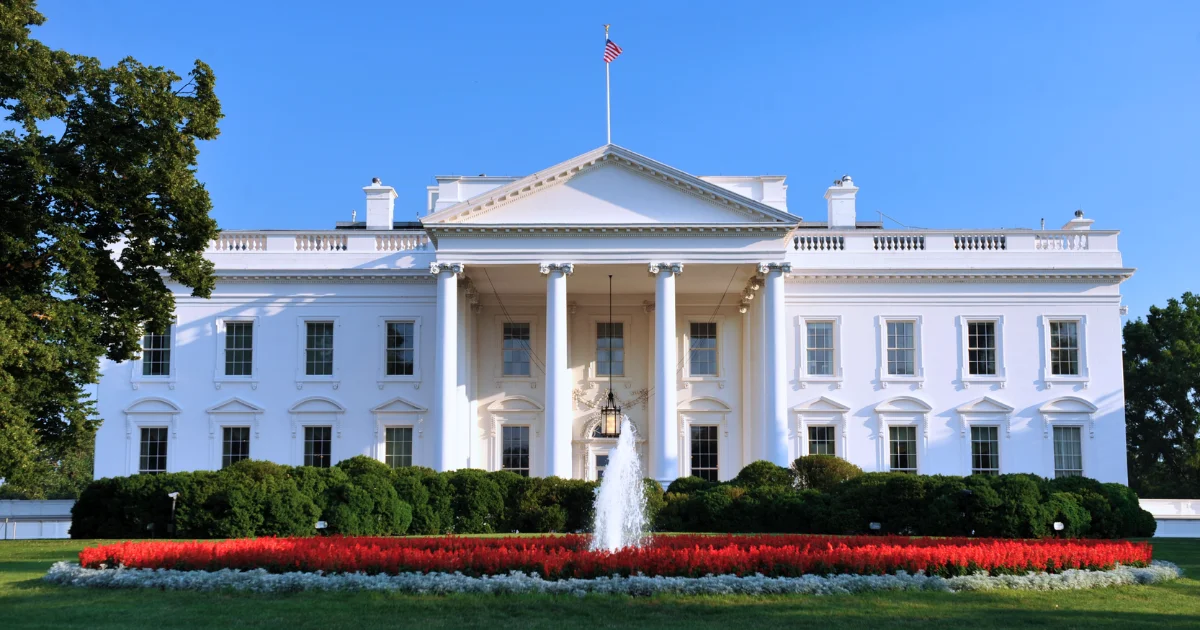Introduction
In an impactful announcement by the Secretary of Homeland Security, a significant measure has been introduced, aiming to offer relief to Venezuelan F-1 non-immigrant students facing severe economic hardships as a direct result of the crisis in Venezuela. Effective from March 11, 2024, through September 10, 2025, this initiative reflects the United States’ commitment to supporting international students in challenging times. This article delves into the details of this announcement, exploring its implications for Venezuelan students and its broader impact on immigration and educational policies.
Overview of the DHS Notice
The Department of Homeland Security (DHS) has declared a temporary suspension of certain regulatory requirements for F-1 nonimmigrant students from Venezuela. This decision is tailored to alleviate the burdens faced by these students due to the ongoing economic crisis in Venezuela, enabling them to sustain their education in the U.S. more feasibly.
Impact on Venezuelan F-1 Students
Venezuela’s economic turmoil has severely affected its citizens, including those pursuing education abroad. This DHS action acknowledges these hardships and provides a beacon of hope for Venezuelan students in the U.S.
One of the key aspects of this notice is the provision allowing these students to seek employment authorization. This step not only aids their financial situation but also enriches their academic and cultural experience in the U.S.
The notice permits students to work more hours while school is in session and to take a reduced course load without jeopardizing their F-1 status, provided they meet minimum course load requirements. This flexibility is crucial for students striving to balance work and study.
F-1 Visa Regulations
Typically, F-1 visa regulations have strict guidelines regarding employment and academic load. This action temporarily modifies these rules for Venezuelan students, showcasing the U.S. government’s willingness to adapt in response to extraordinary circumstances.
Secretary of Homeland Security’s Authority
The authority of the Secretary of Homeland Security to enact such measures is grounded in the broader legal framework governing U.S. immigration policies. This action exemplifies the discretionary power available to address specific humanitarian concerns.

How to Apply for Employment Authorization
The process for Venezuelan F-1 students to apply for employment authorization involves submitting Form I-765, along with documentation proving their eligibility under this notice. This section would guide students through the necessary steps to secure employment authorization.
Maintaining F-1 Status with Employment
Course Load Requirements
Despite the reduced course load permission, students must still meet certain academic standards to maintain their F-1 status. Understanding these requirements is vital for compliance and benefiting from the DHS’s provisions.
Monitoring and Compliance
Students and educational institutions alike must adhere to monitoring and compliance mechanisms to ensure the integrity of this relief measure. This segment emphasizes the importance of maintaining legal status and the potential consequences of non-compliance.
Benefits for Students and the U.S.
Economic Contributions
Employment authorization for Venezuelan students not only supports their financial stability but also contributes to the U.S. economy. This win-win scenario underscores the mutual benefits of such immigration policies.
Cultural Exchange
The cultural exchange facilitated by international students enriches the educational environment for all students. Venezuelan students, in particular, bring unique perspectives that enhance the diversity and learning experience on campuses across the country.
Challenges and Considerations
While this action is a positive step, it also presents challenges, such as ensuring compliance and addressing the needs of students from other countries facing similar hardships. This section would delve into these considerations and the balance required in implementing such policies.
Conclusion
The DHS’s recent announcement marks a significant and compassionate step towards supporting Venezuelan F-1 students in the U.S. Amidst their homeland’s crisis. By understanding and utilizing these provisions, Venezuelan students can navigate their education and employment pathways more effectively, contributing to their personal development and the broader U.S. community.
Frequently Asked Questions
Who is eligible for this relief measure?
Eligible individuals include F-1 nonimmigrant students whose country of citizenship is Venezuela, regardless of their country of birth, and those having no nationality who last habitually resided in Venezuela. These students must be experiencing severe economic hardship as a direct result of the crisis in Venezuela and must be in lawful F-1 nonimmigrant student status.
How does employment authorization impact F-1 visa status?
The Department of Homeland Security’s new policy allows eligible Venezuelan F-1 students to request employment authorization and work an increased number of hours while school is in session, without affecting their F-1 visa status. Additionally, students granted employment authorization under this notice will be deemed to be engaged in a “full course of study” if they satisfy the minimum course load requirement, thereby helping them maintain their F-1 status.
What are the requirements for maintaining a reduced course load?
Despite being permitted to reduce their course load, students must still meet the minimum course load requirement to maintain their F-1 status. This requirement ensures students continue their education while balancing employment opportunities. The specific number of credits considered as the minimum course load can vary by institution but typically involves at least half-time enrollment.
How can students apply for employment authorization under this notice?
Students need to submit Form I-765, Application for Employment Authorization, to U.S. Citizenship and Immigration Services (USCIS), along with evidence of their eligibility—this includes proof of Venezuelan citizenship (or status as a stateless individual who last habitually resided in Venezuela), current F-1 status, and documentation demonstrating severe economic hardship as a result of the crisis in Venezuela.
What are the implications for students failing to comply with these new regulations?
Students who fail to comply with the regulations set forth under this policy risk losing their F-1 visa status, which could lead to termination of their study and work authorization in the United States. It is crucial for students to adhere to the requirements, including maintaining the minimum course load and ensuring their employment does not interfere with their studies, to continue benefiting from this relief measure.




